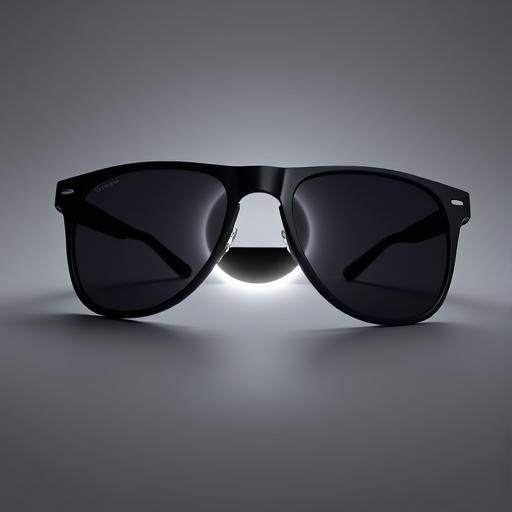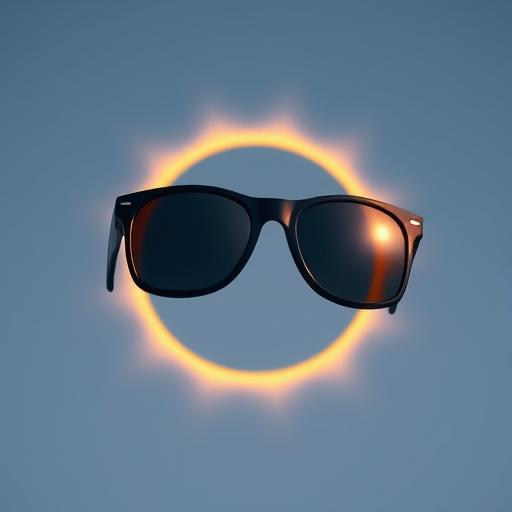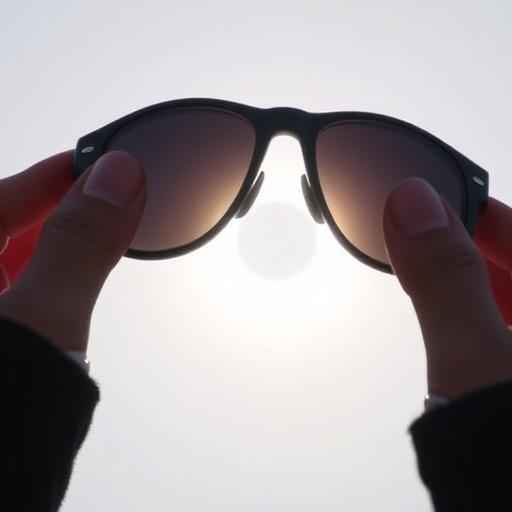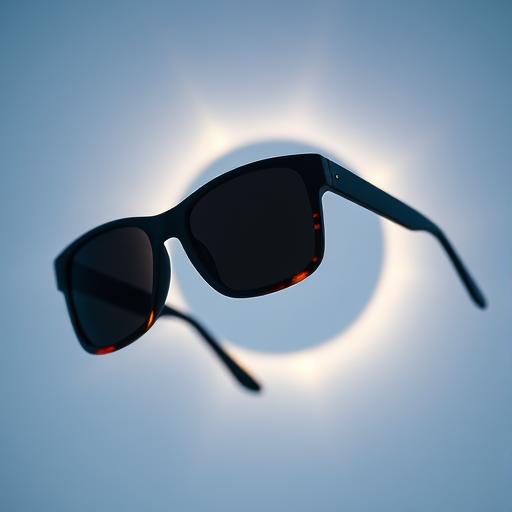Are Sunglasses Ok for Eclipse

As the excitement of an upcoming eclipse builds, it’s essential to prioritize eye safety while witnessing this spectacular phenomenon. With the sun’s intense radiation posing a significant threat to our eyes, it’s crucial to use proper eye protection. In this post, we’ll discuss whether sunglasses are okay for eclipse viewing, and explore the guidelines, safety standards, and alternatives for safely enjoying an eclipse.
Step-by-Step Process
Check Solar Filters
Ensure sunglasses have ISO 12312-2 certified solar filters.
Verify Coverage
Confirm lenses fully cover your eyes during viewing.
Avoid Direct Sun
Never look directly at the sun without proper protection.
Use Indirect Methods
Consider projection methods for safer viewing.
Consult Experts
Follow NASA or astronomy guidelines for safety.
Process infographic for Are Sunglasses Ok for Eclipse
Understanding Eclipse Viewing Safety
Why Eye Safety is Crucial During an Eclipse
Looking directly at the sun during an eclipse can cause severe damage to the eyes, including solar retinopathy. This condition occurs when the sun’s ultraviolet (UV) and infrared (IR) radiation damages the retina, potentially leading to blindness. The risk is especially high during an eclipse, as the sun’s brightness can be deceiving, making it seem safe to look directly at it.
Official Guidelines for Eclipse Viewing
Reputable sources like NASA emphasize the importance of using proper eye protection during an eclipse. The guidelines set by these organizations stress that looking directly at the sun without proper eye protection can cause serious eye damage or even blindness. It’s essential to follow these guidelines to ensure a safe and enjoyable eclipse viewing experience.
Can Sunglasses Be Used for Eclipse Viewing?
Limitations of Regular Sunglasses
Regular sunglasses, no matter how dark, do not provide sufficient protection for viewing an eclipse. This is because they do not block the intense UV and IR radiation emitted by the sun. The specific requirements for eye protection during an eclipse demand specialized eyewear that meets international safety standards.

Specialized Solar Viewing Glasses and Handheld Solar Viewers
Specialized solar viewing glasses and handheld solar viewers that meet international safety standards are designed to provide the necessary protection for eclipse viewing. These devices are engineered to block 99.9% of both UVA and UVB radiation, as well as intense visible light. When purchasing these devices, it’s crucial to buy from reputable manufacturers to ensure their effectiveness and safety.
What to Look for in Eclipse Viewing Glasses
ISO Certification and Safety Standards
The ISO 12312-2 certification is a critical standard for eclipse viewing glasses, ensuring they meet international safety requirements for protecting the eyes from the sun’s radiation. This certification guarantees that the glasses block the necessary radiation to prevent eye damage. When purchasing eclipse viewing glasses, look for this certification to ensure their safety and effectiveness.
Additional Features to Consider
In addition to ISO certification, consider other features when purchasing eclipse viewing glasses, such as comfort and UV protection. While these features may not be directly related to safety, they can enhance the overall viewing experience.

Alternatives to Sunglasses for Eclipse Viewing
Pinhole Projectors and Other Indirect Viewing Methods
For those who prefer not to use specialized eyewear, pinhole projectors and other indirect viewing methods offer a safe alternative for viewing an eclipse. These devices project the sun’s image onto a surface, allowing for safe viewing without directly looking at the sun.
Other Safety Precautions
During an eclipse, it’s essential to take additional safety precautions to avoid eye damage. Avoid looking at the sun through a telescope or binoculars, as this can cause severe eye damage. Take regular breaks when viewing an eclipse to avoid eye strain, and ensure children are properly supervised.

Conclusion
In conclusion, while sunglasses may seem like a convenient option for eclipse viewing, they do not provide sufficient protection for the eyes. By understanding the risks and following official guidelines, you can safely enjoy an eclipse using specialized solar viewing glasses or alternative viewing methods. Prioritize eye safety and take the necessary precautions to ensure a memorable and enjoyable experience.
Frequently Asked Questions (FAQs)
- Q: Can I use my regular sunglasses to view an eclipse? A: No, regular sunglasses do not provide sufficient protection for viewing an eclipse.
- Q: What is the ISO 12312-2 certification, and why is it important? A: The ISO 12312-2 certification ensures that eclipse viewing glasses meet international safety standards for protecting the eyes from the sun’s radiation.
- Q: Can I make my own eclipse viewing glasses or pinhole projector? A: While it is possible to make your own eclipse viewing glasses or pinhole projector, it is recommended to purchase from reputable manufacturers to ensure safety and effectiveness.
- Q: How can I verify the authenticity of eclipse viewing glasses? A: Look for the ISO 12312-2 certification and purchase from reputable manufacturers to ensure authenticity.
- Q: Are there any other safety precautions I should take during an eclipse? A: Yes, avoid looking at the sun through a telescope or binoculars, and take regular breaks when viewing an eclipse to avoid eye strain.
